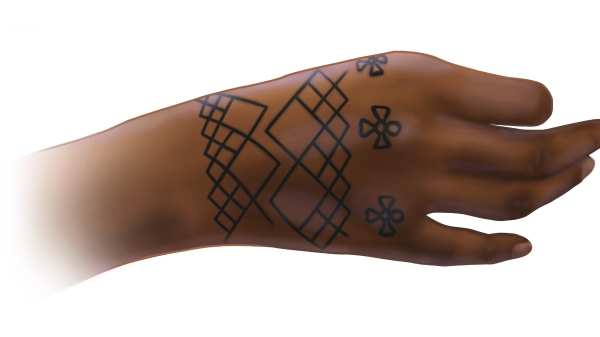ASU, UNSW students innovate to create zero waste

A diverse group of interdisciplinary students at Arizona State University created teams to take on counterparts at UNSW Sydney in the inaugural PLuS Alliance Circular Economy ResourCE Hack.
Students from opposite sides of the world found themselves competing on a unified front to create solutions to divert waste from landfills and drive new businesses.
A diverse group of 70 interdisciplinary students at Arizona State University and UNSW Sydney created teams at their respective universities as they took part in the inaugural PLuS Alliance Circular Economy ResourCE Hack. The innovation hack was designed to find zero-waste alternatives for transitioning to a circular economy. The winning team from each institution was then judged by an international panel of experts to determine an overall “world champion.”
The grand prize was awarded to ASU’s top team, Farmers’ Friend, composed of Jacob Bethem (PhD, sustainability), Andrew John De Los Santos (MS, sustainability) and Sudhanshu Biyani (MS, mechanical engineering). Their solution to reduce food waste involved developing an app connecting micro farmers in developing countries to consumers at places like schools, programs for the elderly, nongovernmental organizations or restaurants using a guaranteed pricing model. The team plans to apply for ASU Entrepreneurship + Innovation’s Venture Devils program in January.
“During my travels in 2016, I overheard some people talking about how perfectly good-to-consume mangoes were being thrown away during peak harvest,” said Biyani. “When I read up on it later, I was astounded to learn the extent of post-harvest food loss India suffers from year on year.”
“When thinking about ideas for our pitch, we kept coming back to the issue of food waste, since it can be approached at various points in its life cycle,” said De Los Santos. “I would love to see our idea come to fruition because this app has the potential to reach developing countries, such as the Philippines, where most of my family lives.”
Between Oct. 19-21, the students tested and pitched multiple new solutions focused on reducing food waste, shifting consumer behavior, phasing out single-use plastics and construction and deconstruction waste mitigation. The broad range of topic areas demonstrated the reach of the waste crisis and echoed the need for all industries to embrace more transformational strategies.
The winning ideas from ASU and UNSW Sydney were judged by Paul Ramadge, managing director of the PLuS Alliance; Richard Holden, lecturer at the UNSW Business School; and Raj Buch, director of sustainability practice for ASU International Development. The winning team will receive $2,000 and support from both universities to build their prototype and further develop skills to drive real change in the waste epidemic.
The ASU hack was organized by the RISN Incubator, an ASU-based business accelerator designed to help startups and entrepreneurs take their circular economy-focused enterprises to market. Initially funded through a grant from the U.S. Economic Development Administration, the RISN Incubator is operated by the ASU Rob and Melani Walton Sustainability Solutions Service with support from ASU Entrepreneurship + Innovation. In its first year, the RISN Incubator has fostered 13 ventures that have created 30 full- or part-time jobs, generated $3.15 million in revenues and raised $1.345 million in capital.
More Science and technology
Findings on adenoviruses in baby gelada monkeys provide a window into our own cold and flu season
If you have young kids or spend time around day care centers, you know the drill: Someone gets a cold, and soon the whole group…

Student teams create AI tools to help neurodivergent learners
When Stevie Cervantes was a first-year student at Arizona State University, she shied away from using AI.“AI was everywhere and…

ASU researchers shed light on ancient tattoos in the Nile Valley
Long after an archaeological excavation, discoveries can still be made. One such example of this is newly discovered tattoos from…



